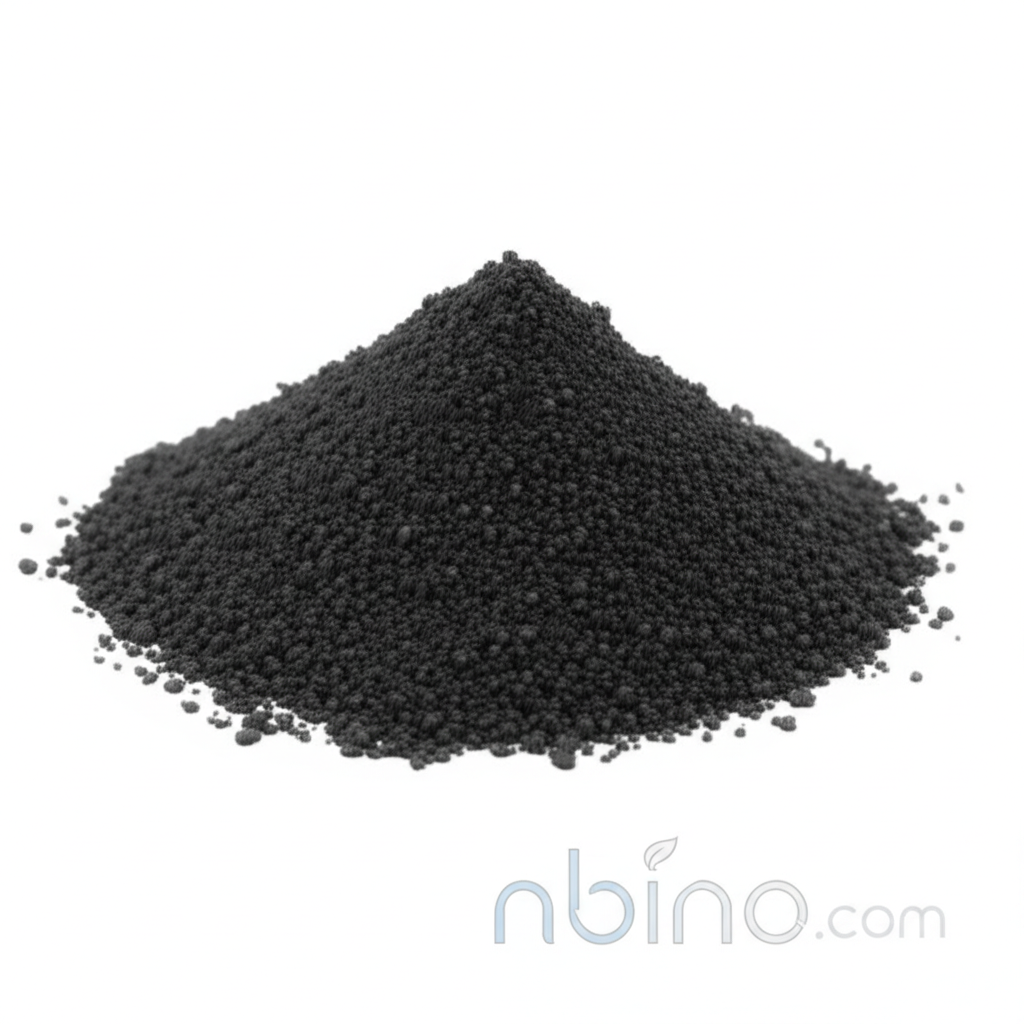Neopentyl Glycol (NPG): A Versatile Chemical Intermediate
Discover the exceptional properties and diverse applications of NPG in coatings, resins, and lubricants.
Get a Quote & SampleProduct Core Value

Neopentyl Glycol
Neopentyl Glycol (NPG) is a highly valued chemical intermediate renowned for its unique molecular structure that imparts exceptional properties to a wide range of products. Its primary function is as a critical component in the synthesis of high-performance materials, offering superior durability and resistance.
- Explore the uses of neopentyl glycol in coatings for enhanced finish and protection across various substrates.
- Leverage neopentyl glycol as a plasticizer to improve the flexibility and workability of numerous polymer applications.
- Understand the role of neopentyl glycol as a solvent in separating complex hydrocarbon mixtures.
- Discover why neopentyl glycol is essential for unsaturated polyester resins, contributing to their robust performance characteristics.
Product Advantages
Exceptional Durability
Benefit from neopentyl glycol's contribution to chemical resistance and weatherability, ensuring longevity in demanding environments.
Enhanced Flexibility
Utilize neopentyl glycol as a plasticizer to achieve improved flexibility and impact resistance in various plastic formulations.
Superior Solubility
Experience the advantage of neopentyl glycol as an excellent solvent for selective separation of aromatic and cycloalkyl hydrocarbons.
Key Applications
Coatings Industry
Neopentyl glycol enhances the performance of automotive paints, industrial coatings, and coil coatings, offering excellent gloss retention and resistance to weathering.
Resin Manufacturing
It is a key component in unsaturated polyester resins and alkyd resins, improving their heat, light, and water resistance for applications in fiberglass and more.
Plasticizers
As a plasticizer, it increases the flexibility and workability of plastics, making them more durable and less prone to cracking.
Lubricant Additives
Neopentyl glycol serves as an additive for advanced lubricants, contributing to their stability and corrosion prevention properties.
